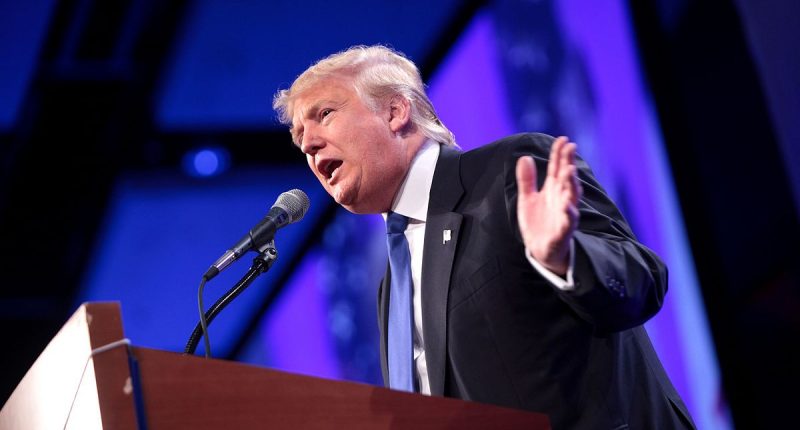Former US President Donald Trump has now floated the idea of appointing Tesla CEO Elon Musk to a cabinet or advisory position if he secures a second term in the White House. The discussion took place during a campaign interview in York, Pennsylvania, where Trump touched on his views on electric vehicle (EV) tax credits, the future of the auto industry, and potential appointments in his administration.
The former US president went on to add that if he was elected, he might put an end to the $7,500 tax credit for electric vehicle purchases.
During the interview, Trump was asked whether he would consider offering Musk a position in his cabinet or as a top advisor, to which he responded affirmatively. Describing Musk as a “brilliant guy,” Trump expressed enthusiasm about the possibility of Musk serving in his administration, should the Tesla CEO be willing to accept the role.
Musk’s potential involvement in the White House raises questions about what specific role he could play. Musk is already a well-known name when it comes to electric vehicles, renewable energy, and space exploration, and his appointment could signify a shift toward more industry-focused governance. However, despite the public endorsement, the billionaire has yet to publicly comment on whether he would accept such a position, and speculation abounds that Trump might offer Musk a spot on a government efficiency commission.
Alongside his praise for Musk, Trump also discussed his stance on EV tax credits, a policy that has become increasingly contentious in recent years. The $7,500 tax credit, which was expanded under President Joe Biden’s administration, aims to incentivize consumers to purchase electric vehicles and promote the transition to cleaner energy. However, Trump has expressed skepticism about the policy, asserting that tax credits and incentives are “not generally a very good thing.”
During his presidency, Trump had previously sought to repeal the EV tax credit altogether, citing concerns over the economic viability and long-term sustainability of electric vehicles. In the interview, he reiterated that he might move to rescind the Biden-era expansion of the credit if he is re-elected. “I’m not making any final decisions on the EV tax credit,” Trump said. “I like electric cars, but I also appreciate gasoline-powered cars, hybrids, and whatever new technologies come along.”
In addition to his comments on electric vehicle incentives, Trump also outlined his broader vision for the auto industry. One of his key priorities is to reduce U.S. automakers’ reliance on Mexico for vehicle production. Trump has long criticized American companies for shifting manufacturing jobs overseas, particularly to Mexico, where labor costs are lower. In his campaign, Trump pledged to impose tariffs on vehicles produced in Mexico, a move that he believes would incentivize automakers to bring production back to the US. “If you put tariffs on those cars, they’re going to make them here,” Trump stated.
At the same time, Trump indicated that he is open to allowing foreign automakers, including Chinese companies, to build vehicles in the US. However, these companies would need to establish plants within the United States and hire American workers in order to qualify for the incentives Trump plans to offer. This approach, he believes, will not only create jobs for American workers but also bolster the country’s automotive manufacturing capacity.
The Tech Portal is published by Blue Box Media Private Limited. Our investors have no influence over our reporting. Read our full Ownership and Funding Disclosure →





